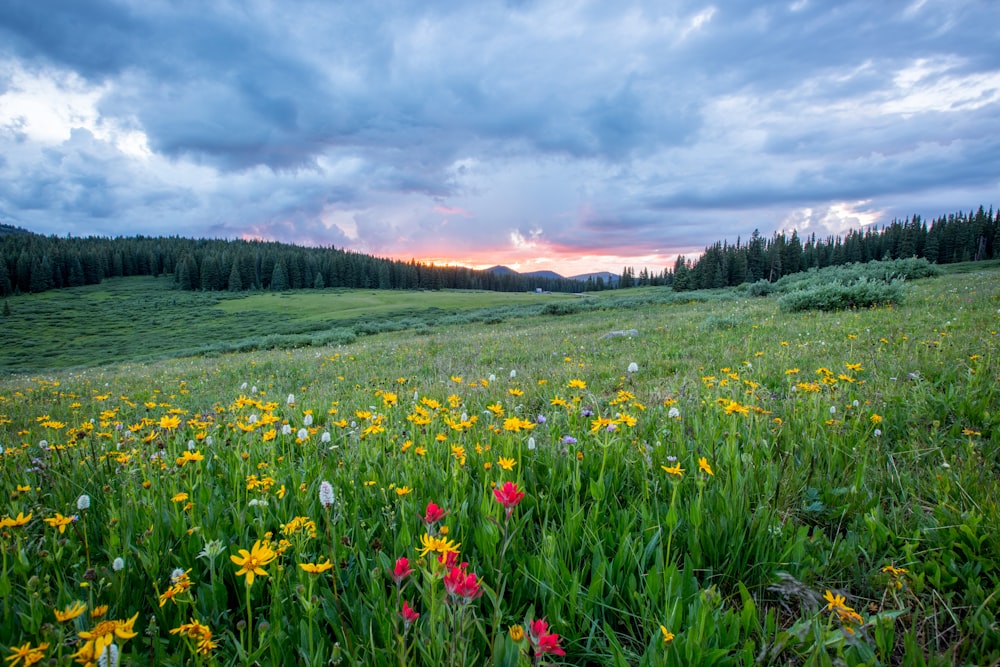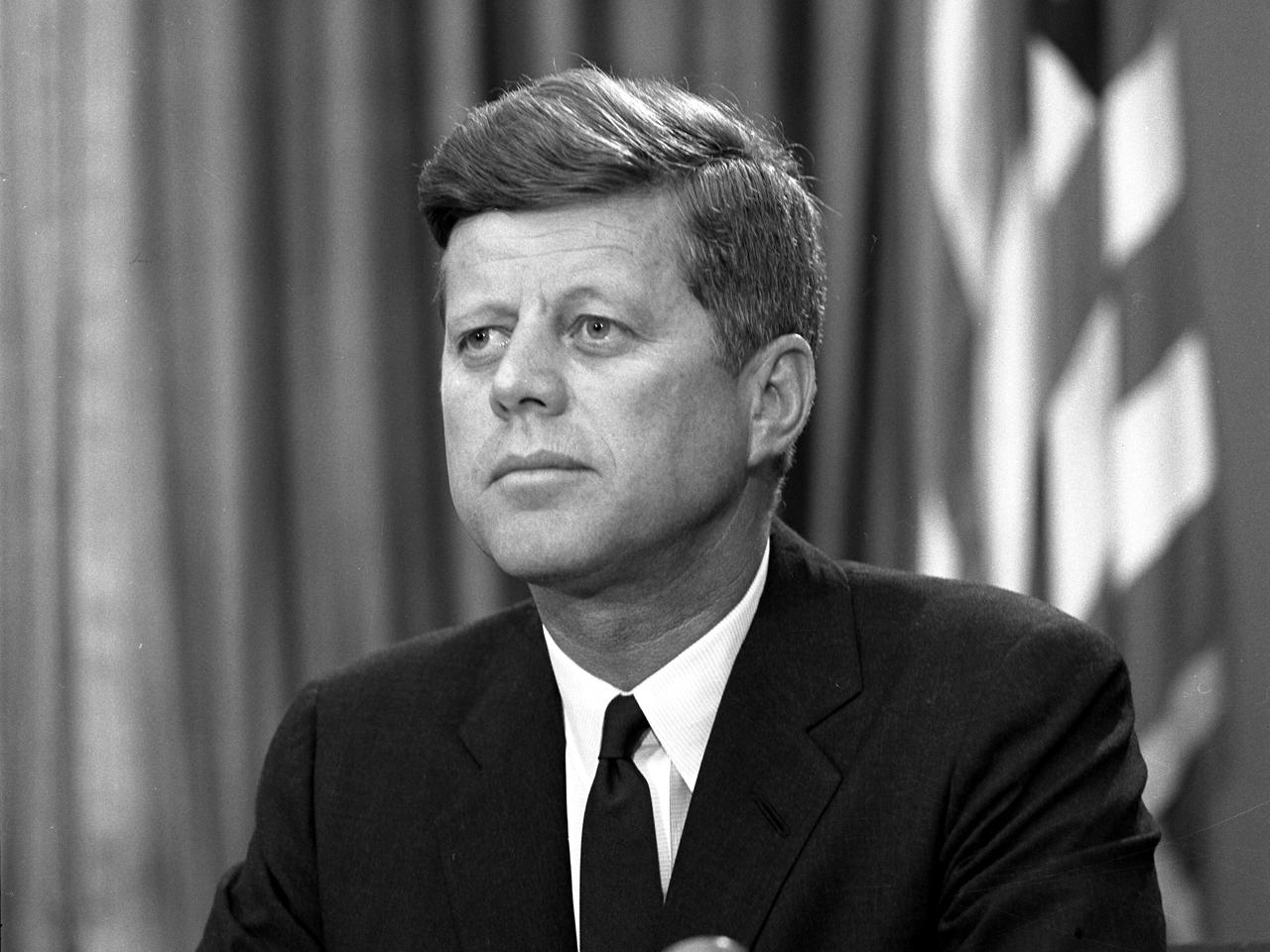 "Midnight Sky" tells the story of a scientist living alone in a research outpost in the far North who is one of the only people to survive a global catastrophe that killed most of the planet's inhabitants. As a result of the catastrophe (whose precise nature is never fully explained), the planet's air is toxic and unbreathable. No one will live above ground again.
"Midnight Sky" tells the story of a scientist living alone in a research outpost in the far North who is one of the only people to survive a global catastrophe that killed most of the planet's inhabitants. As a result of the catastrophe (whose precise nature is never fully explained), the planet's air is toxic and unbreathable. No one will live above ground again.
Friday, December 30, 2022
Tuesday, December 27, 2022
Christmas has come, and now it is gone. People are taking their ornaments down, stores are offering their after Christmas sales, travelers are going home. It's over for another year.
Or is it? If Christmas means anything, anything at all, it cannot possibly be contained in one day. If the Creator has come, how can anything--and any of us--ever be the same? History, and everything in it, including you and me, has irrecoverably changed.
Friday, December 23, 2022
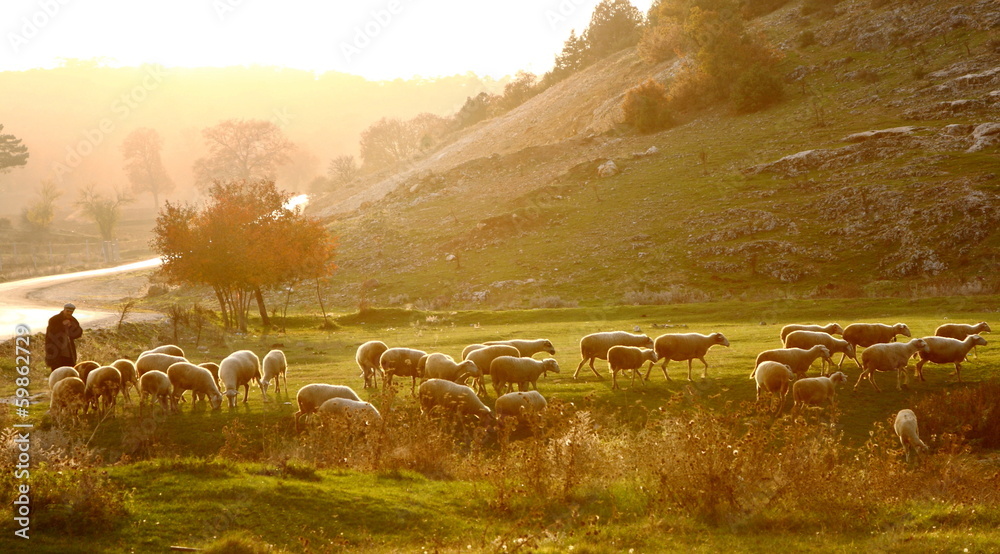
Most of us have heard the "Christmas story" countless times. Across the world for thousands of years, people have read and pondered, over and over, Luke's account of Jesus' birth. One might almost think that there is nothing new to find in it.
But there always is. As I was reading it this year, I found myself struck, struck anew by the thought that the first people to hear about Messiah's birth were shepherds. In the twenty-first century, most of us do not think much about shepherds. In Jesus' day, however, shepherds were an integral part of the economy.
Yet shepherds were despised, viewed as the lowest of the low, the modern day equivalent of the Roma of Europe. Few wished to associate with them. They spent their days--and nights--largely apart from the rest of the people, living lonely lives in the fields and hillsides of the nations.
But the shepherds were the first to know. They were the first to be told. Before anyone else knew, the shepherds knew about the birth of Messiah.
God remembered those whom the world had forgotten.
Christmas reminds us that when all is said and done, we should understand that God, the vastness of personal transcendence, is not about greatness. He's about humility. Humble thankfulness for the fact of existence.
And love. Love for a humanity who had dismissed and fogotten about him.
Thursday, December 22, 2022
As many of us enjoy our Christmas season amidst our varying degrees of affluence, we must not overlook those among us who, in what for most is one of the happiest times of the year, are suffering. In countless ways. In particular, I am thinking about the people of Ukraine, pummeled daily by the missiles of a person deluded by a dream of lost empire. Bereft of heat and electricity, thousands of Ukrainians are suffering horribly.
I think also of the millions in Africa who are likewise affected by the maniacal actions of this person in Moscow. Due to this person's perfidy, these millions cannot get sufficient grain to make bread. A vast famine is imminent.
Moreover, how many more millions, those who live close to the borders of Russia, who labor daily under the threat of invasion, their lives and livelihood hanging by a too slender thread, remain? Too many.

Closer to home, I think about one of our neighbors whose mother passed away shortly after Christmas last year, enduring his own sense of grief. Christmas will be very different for him and his family this year.
And then I wonder, given the innately divine goodness and purposefulness of the world, how to put it all together. More than ever we are to be reminded f how much we, walking as "in a riddle," need to believe in it.
And, in the biggest picture, very little more.
Wednesday, December 21, 2022
If you live in the Northern Hemisphere, you may know that today, December 21, is the winter solstice. The "shortest" day of the year. Or as Robert Frost puts it in his "Stopping by Woods on a Snowy Evening," "the darkest night." Happily, although it may not seem like it, the winter solstice is actually the grand turning point of the year, the day and night in which time and light begin to grow. It's the end of the light, yes, but its genesis, too. We lose, yet we win, moving, ever so slightly, toward the greater light to come.

Tuesday, December 20, 2022

As we remember the fourth and final Sunday of Advent and look towards its culminating event, Christmas, I think frequently about its origins. As the gospel accounts make clear, Jesus was born in Bethlehem (literally, "house of bread"), a town that we might today call a hole in the wall, a little village largely forgotten by the rest of the world.
Few people cared what happened in Bethlehem.
But this is precisely the point. Though Jesus was an alien and refugee, born in obscurity and forgotten and overlooked by the rest of the world, he was the one in whom God chose to make himself known. In Jesus, the poor and forgotten refugee, resided the greatest hope of all time. It's the ultimate irony, the greatest surprise. It's God's way of demonstrating to us that just when we think we have everything figured out, be it our views about immigration, aliens, refugees, or anything else, we really do not.
But isn't that what God is all about?
Monday, December 19, 2022

Hanukkah (Chanukah) has begun! Although it is a minor holiday on the Jewish liturgical calendar, because Hanukkah usually occurs around Christmas, it has tended to generate a significant amount of attention in the Western world. For some, it is considered the Jewish "equivalent" of Christmas.
While this conclusion is far from the historical and theological truth, it does communicate an important point. Although Chanukah commemorates the rededication of the Temple after it had been profaned by the Seleucid emperor Antiochus Epiphanes (he sacrificed a pig on the inner altar) in the second century B.C.E. and not the birth of Jesus, it is nonetheless a time to rejoice.Friday, December 16, 2022

I thank God for Beethoven. I thank Beethoven for showing us as we are, beings of mind as much as creatures of heart, dynamically personal entities who are made to step bravely into the contingencies of life, to take hold of everything that is before us. Although we may never know exactly how Beethoven felt about a personal God, we nonetheless recognize that his music forces us to ponder the mystery that such a being--and presence--lends to existence.
Thursday, December 15, 2022
Defining spirituality is difficult. If we attribute it to a god, we miss that many unbelievers attest to having spiritual experiences. If we assign it to a nebulous immaterial presence, we encounter the problem of making something amorphous and undefinable into something that is physically real. And if we say that spirituality is thoroughly human, we run into the perennial dilemma of understanding how consciousness can emerge from inert matter.
Wassily Kandinsky, a Russian surrealist painter, thought much about spirituality in regard to art. He did so as a way of explaining how art overwhelmed what he considered to be the spiritual darkness of Marxism. In art, Kandinsky said, we feel hints of transcendence, intimations of things we cannot easily fathom, emotional insights that we do not experience otherwise. We look into another world, a world of purer light, real or imagined, a world that eclipses the rigid (and, to him, meaningless) materialism of the Marxist worldview.
Wednesday, December 14, 2022
As I heard about the recent arrests of a group of people, led by a German prince, who had conspired to topple and German government and establish a far right state, I thought about a book published in 1934, shortly after Adolf Hitler became chancellor of Germany. Written by Lion Feuchtwanger, this book is titled The Oppermanns.

The Oppermanns is a study in the horrifyingly insidiousness of the creep of anti-Semitism. It describes the lives of a few Jewish families trying to live in the aftermath of Hitler's rise to power. One by one, each family comes to grasp the reconditely burgeoning enormity of the anti-Semitism that is sweeping across Germany as the Nazis solidify their hold on the hearts and minds of the populace. Yet initially, they suppose that everything will be fine. As the days go by, however, they come to realize that, no, things will not be fine. The State is intent on eradicating every vestige of Jewish existence.
So it is with us today. We are often unwilling to accept that our freedom is threatened. Be patient, be hopeful, we tell ourselves. Do not worry unduly. Things will change.
Sometimes things do change. Other times, however, they do not. And then what do we do?
Isn't liberty, personal, cultural, spiritual, and otherwise, precious?
More than we think.
Tuesday, December 13, 2022
Perhaps you're familiar with the "heavy" metal group called Metallica. One of the biggest bands of the Eighties and Nineties, Metallica pioneered the so-called "thrash" metal music that captivated millions of people in their time. Incredibly fast guitar playing, pounding drums, and screaming and morbid lyrics ripple through their music.
But it's immensely popular. Why? It captures the angst so many people feel, the sense of ennui and helplessness that runs through the hearts and lives of countless people around the planet, the feeling of lost control and empty future that dominate the thinking of so many human beings.

Yet the irony of all this is that, according to a profile of James Hetfield, Metallica's lead guitarist, which I read recently, he, too, struggles to find some sense of permanency in his life and heart. Though largely happy and immensely wealthy, Hetfield continues to search for his meaning. He knows there's something more.
Aren't we all? Ask almost anyone whether he or she is happy and most of the time that person will respond positively. Dig beneath the surface, however, and that person will acknowledge that, yes, things are good, but that more often than not, that person isn't sure why or what everything means.
What does that say about us?
Maybe there really is a God.
Advent is upon us.
Monday, December 12, 2022
"For the people who walk in darkness," wrote the prophet Isaiah, "will see a great light (Isaiah 9:1)." Isaiah speaks of Messiah, the one who would come to illuminate an Israel darkened by disappointment, abandonment, and sin. He speaks of the one who would open the eyes of all those who longed for a bigger picture of reality, who sought to see a greater light. Those who believed in more.
Friday, December 9, 2022
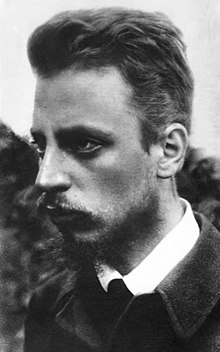
Is God incomprehensible? It's an age old question, one that has occupied many, many books. The German poet Rainer Maria Rilke, long known for his deeply measured thoughts about God, asked this question constantly. Buried at the heart of his inquiring was his notion that life itself was incomprehensible. If we can't comprehend God, how can we expect to understand the life he has bequeathed us? So, he asked, how do we live?
Rilke's answer was to embrace, in living our lives, all that is beyond our control, particularly death. To fully understand life, he suggested, we must wrap it in the specter of death. To ignore death is to ignore the fullness of life.We may agree that God is incomprehensible, but if we believe that life is incomprehensible, too, we have missed the point. If we reject the idea of God, we are still faced with the grim reality that life is incomprehensible. And what will we then do?
Thursday, December 8, 2022
 I heard the other day the poet and songwriter Leonard Cohen’s “Hallelujah.” It reminded me of Canadian (and now American) singer Neil Young’s song, “When God Made Me.” In it, Young questions God, asking him why he made people a certain way, why he made people when he knew they wouldn’t believe, and more. Both pieces ask a very good question: how can I believe in a God if I do not understand him? Why must I wander in the darkness when I’m standing in the light?
I heard the other day the poet and songwriter Leonard Cohen’s “Hallelujah.” It reminded me of Canadian (and now American) singer Neil Young’s song, “When God Made Me.” In it, Young questions God, asking him why he made people a certain way, why he made people when he knew they wouldn’t believe, and more. Both pieces ask a very good question: how can I believe in a God if I do not understand him? Why must I wander in the darkness when I’m standing in the light?
Wednesday, December 7, 2022
"It is a day that will live in infamy," said Franklin Roosevelt after the attack on Pearl Harbor. For those who were alive when it happened, the attack on the naval base at Pearl Harbor, whose 82nd anniversary is today, changed their world forever. Never before had America been attacked, never before had such devastation been visited upon its shores. Life was turned upside down.
Yet we go on. We grieve for those who lost their lives in this attack. And we grieve for the thousand and thousands of additional lives that were lost redressing what happened. The pain and carnage defy all form and sensibility.
And we continue to believe in meaning. As we should. No one should die unremembered, no one should die alone. No one should leave this life lost and abandoned, a forgotten and abandoned image of God, an entity without a point.
Tuesday, December 6, 2022

Since the days of Auguste Rodin, sculpture has often occupied a special place in the artistic imagination: what is it really trying to say? Consider the works of American sculptor Charles Ray and his unique ability to speak through his creations. Even though it is clear that, in his "Archangel," this sculpture has little to do with communications from the divine, it nonetheless seems to reflect, or so the critics say, transformation. Or what theologians call an apotheosis: a transformation into God.
Yet on the other hand, most of us wish, in some way, to be different than we are today. We may wish for better people skills, increased insight into what life means, greater compassion for our fellow humans, deeper love for our spouses or significant other, and so forth. Bottom line, we want to find our greater point. Even if it is a point that only we define.
And we will do so whether we believe in God or not. When I consider Ray's "Archangel," I therefore ponder how much it expresses who we are. Be it people in passage, people in stasis, or some blending of the two, we long to see who and what else we can be.
After all, we're purposeful creatures in an intentionally purposeful universe. Otherwise, we would have no claim to aspire to anything.
Monday, December 5, 2022
Thursday, December 1, 2022

If you enjoy rock and roll music, particularly that of the Seventies, you may have heard the news: Christian McVie, a longstanding member of the British band Fleetwood Mac and one of its most prolific songwriters, passed away yesterday. She was 79.
But her music will live on. One of her most famous songs, enshrined in the excitement of Bill Clinton's 1992 election to the presidency of the United States, is "Don't Stop Thinking About Tomorrow." It's a song of optimism, a song of hope: never cease imagining that there will be another day.
And there will be. Yet therein is the glory, and tragedy, of humanness. Highly gifted, made in God's image, yet a captive of her finitude, Ms. McVie demonstrates to us that, in the big picture, though we are wonderfully designed and created, we are enormously fragile.
Ironically, we are also made to dream of another day. Futile though finitude may be, it can't be completely contained in a meaningful and intentionally created world.
Rest well, Christian McVie.
Wednesday, November 30, 2022

In an article I read recently, some commentators compared the way in which Russian president Vladimir Putin is systematically destroying Ukraine's energy infrastructure, causing untold hardship to millions of people, to a similar act of genocide, that of the famine that Josef Stalin unleashed in Ukraine ninety years ago. Holodomor, the Ukrainians called it, "death by hunger," an act of merciless tyranny the nation will never forget.
Will this present suffering ever stop? Will the Russians ever relent? Aside from arming and encouraging the Ukrainian army, the rest of the world can do little to halt the destruction and, concomitantly, the genocide. How, one asks, will justice ever be done?
Other than casting this situation in what can be at times a rather opaque and bewildering metaphysical framework of meaning, I don't know. I really don't know. The impunity seemingly enjoyed by the Russians at the moment appears to defy all rules of moral logic, present and future: why? Darkness, a deep epistemological darkness, covers the land.
Nonetheless, the world really does have a point.
How can we suppose otherwise?
Tuesday, November 29, 2022
Widely renowned for his profound and otherworldly poetry, William Blake, whose birthday we remembered last month, wrote some of the most memorable verses in the English language. Millions of seekers, spiritual and otherwise, have used his lines (in his "Auguries of Innocence), "To see a World in a Grain of Sand, And a Heaven in a Wild Flower Hold Infinity in the palm of your hand And Eternity in an hour" as they meditated on the meaning of their lives. Millions more have employed the metaphysical fractures running through Blake's "Marriage of Heaven and Hell" to develop their vision for understanding a material reality which at the same time seems permeated with ethereal activity and semblance. Blake's words capture the essence of the modern quest for wholeness and meaning: even though life seems mysterious, even futile, we human beings still want to believe that it matters. So what do we do?
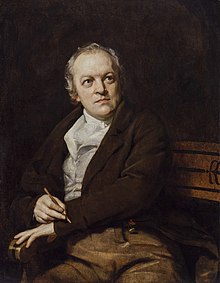
Particularly if, as modernity avers, there is no God. It is the perennial dilemma of being a human being. How do we balance what we want to think with what we feel we must believe?
Blake pushed creativity to its limits, mining life for all he could. He took hold of existence in full. He understood very well that if there really is no God, we will always fail to understand the metaphysical strivings of the human being.
Maybe there's more than we think.
Monday, November 28, 2022
Believe it or not, yesterday was the first Sunday of Advent. Christmas is upon us. "Level every mountain," says Isaiah, "raise every plain. Make the rough smooth, make the way straight.
"And all flesh shall see the glory of the Lord."
Friday, November 25, 2022
God opens his hands," writes the psalmist, "and satisfies the desire of every living thing" (Psalm 104). Although we all have much for which to give thanks, perhaps the most important thing for which we can be thankful is that we can give thanks. We can rejoice that we can be aware of who we are, that we can experience the gracious bounty of the universe, that we can know, really know, that we are beings who can create life, culture, and moral sensibility. We can be grateful that we are here.
Many a theologian has observed that all truth is God's truth. If so, we can also give thanks for that which enables us to know everything else: living and personal truth. Absent this truth, nothing has point. Give thanks therefore that despite the fractured state of modern spirituality and the numerous political issues that attend this end of November celebration, truth remains. And that truth is knowable.Happy Thanksgiving!
Wednesday, November 23, 2022
If you're a Baby Boomer, you remember. Fifty-eight years ago yesterday, John Fitzgerald Kennedy, the 35th president of the United States, was killed, gunned down by an assassin in Dallas, Texas. For those of us who lived through this day, we will never forget it. Although a number of presidents had been assassinated previously, JFK's occurred in our lifetime, in our time, in our day. We didn't read about it in history books; we experienced it, experienced it directly and personally, in a profoundly visceral way. Our world would never be the same.
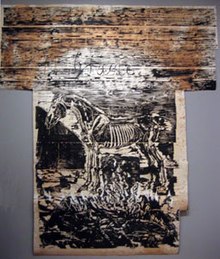
"If there were no death, there would be no rebirth," the German artist Anselm Keifer, whose work is experiencing a bit of a renaissance in the West, remarked in a recent interview. Quite. Even if we do not center this thought in a religious perspective, we still see that Keifer's remark recognizes the embedded rhythms of the universe. Throughout the breadth and depth of the cosmos, nothing, be it a star, lion, or human being, can be born without someone or something, somewhere and somehow, experiencing diminishment of some kind.
For anyone familiar with the second law of thermodynamics, which tells us that the total amount of matter and energy in the universe is constant, and that therefore when energy is lost, matter gains, and vice versa, this may not be a big surprise. On the other hand, the immutable factuality of this law simply affirms Keifer's point: unless we live in a completely static universe (and what kind of a cosmos would that be?), we will confront, every moment of every day, this cycle of death, in some fashion, and, in some similar fashion, rebirth.
Is some process of resurrection therefore imprinted into the fabric of the cosmos? Maybe. Resurrection between matter and energy, however, is one thing: from the most ancient of times, humans have believed in it. But resurrection into an absolutely new life is quite another.
Therein is the greatest mystery of all.
Tuesday, November 22, 2022
Are you familiar with the COP 25 conference? Held in Egypt and concluded about a week ago, the COP 25 represented a nearly unprecedented gathering of representatives of the nations of the world to discuss and, it was hoped, develop concrete solutions to issues of climate change. As the conference drew to a close, the major point of contention appeared to be establishing the responsibility of the developed--and the most polluting--nations toward the nations whose existence the developed world's actions were threatening.

After much debate, the decision was made that a fund would be established to aid these developing nations in dealing with the effects of climate change. But of course this agreement was not necessarily legally binding upon the developing nations that signed it. Should it be? Though that's another debate, the principle that should prevail, from my viewpoint, is that those who have been given much, usually at the expense of those who have been given little, should be ready to give up what they have to aid those who have less. That is, the wealthy should be ready to impoverish themselves, relatively speaking, to improve the lot of others.
After all, no one has attained his or her affluence on their own, and no one has become wealthy independent of others or the planet. No one can claim that he or she is fully "self-made." That's delusional.
There will always be enough to go around. We just need to agree that there is.
And trust in ourselves and God.
Monday, November 21, 2022
Perhaps you've read about the efforts of thousands of Venezuelans to travel from their broken country to the United States. Most of the attention paid to this effort has focused on the hardships the migrants encounter when navigating the "Darien Gap," a muddy, lawless, and nearly impassable section of the trail that connects North and South America. It's a perilous passage.

Recently, a photo appeared of a man carrying a little girl through the Gap. But the girl is not his. Earlier in the trek, Sarah, age 6, got separated from her mother (but was later reunited with her) and the man, taking pity on her, ferried her through the Gap. As he did so, Sara was reported to cry out, "The glory of God, giant and sacred, he carries me in his arms."
Such profound words, such a little human being. Yes, God can seem overwhelming, demanding, and wholly apart. But unless such omnipotence and might can love the human being, it's really not worth much, is it?
Friday, November 18, 2022
 Do you like haystacks? I say this somewhat tongue in cheek to make a larger point: this month, November, marks the birthday of French painter Claude Monet. One of the most famous of the nineteenth century impressionists who, together, transformed the nature of art, Monet achieved perhaps his greatest fame for his series of haystack paintings. Visit the Art Institute of Chicago and see many of them: Monet had a haystack for every time and season.
Do you like haystacks? I say this somewhat tongue in cheek to make a larger point: this month, November, marks the birthday of French painter Claude Monet. One of the most famous of the nineteenth century impressionists who, together, transformed the nature of art, Monet achieved perhaps his greatest fame for his series of haystack paintings. Visit the Art Institute of Chicago and see many of them: Monet had a haystack for every time and season.
Thursday, November 17, 2022

Although it was celebrated a couple of months ago, the Jewish feast of Succoth is worth thinking about. For it remembers and acknowledges God's care: the abundant rhythms of the harvest and the flow of the natural world. Even in the desert wilderness of the Negev, a desolate land hundreds of miles from any city or town, Yahweh demonstrated his concern for the Hebrew people. Though he could seem frightening, God provided food and shelter for his traveling people.
Many of us do not need to worry about where we will get our next meal. But billions of people do. And these same billions are heavily dependent on the inevitability of the world's rhythms; they count on the ability of the land to provide for them, year after year after year.
And usually the land does. Now we do not know precisely how God works in the world, nor do we know exactly how he moves in the natural processes he set into motion, if he even does. But we do know that as long as we take care of it, the world will take care of us.
To this, regardless of how we understand God's relationship with the world, we can certainly acknowledge that the world is not random. It is a place of order and design. It is a place of grace.
We are such contingent beings.
Wednesday, November 16, 2022
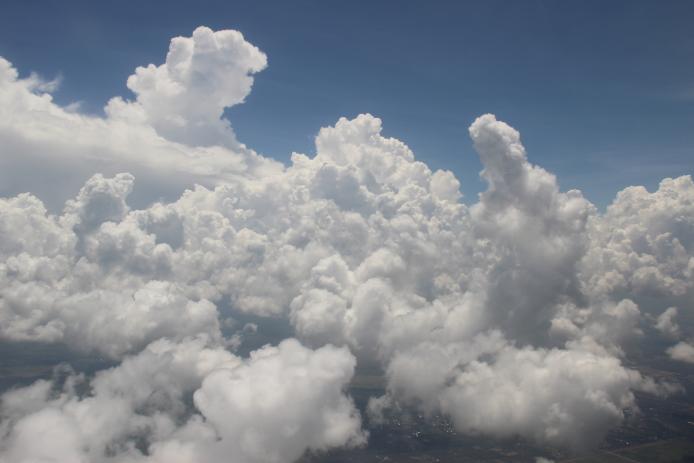
In our family, November is a big month for birthdays. As you may recall, I had mine a couple of weeks ago. This week, we celebrate my wife's. How funny it is, that despite the seemingly endless points over which people disagree, the vast disparities and differences in income, vocation, and station in the human family, and the marvelously diverse political, cultural, and religious loyalties that mark human beings, all of us, every single one of us, has a birthday. At some point in history, at some unique singularity in space and time, we all were born.
It's really rather extraordinary. For untold millennia we were not here, and then, one day, in the proverbial flash of a moment, we were. We began.
Yet as we all know, what begins eventually ends. And what will we do then? I ask because if there was once a time beyond time out of which time came, there will be a time beyond time into which time will one day end. We do not live in a vacuum, and neither does existence.
Tuesday, November 15, 2022
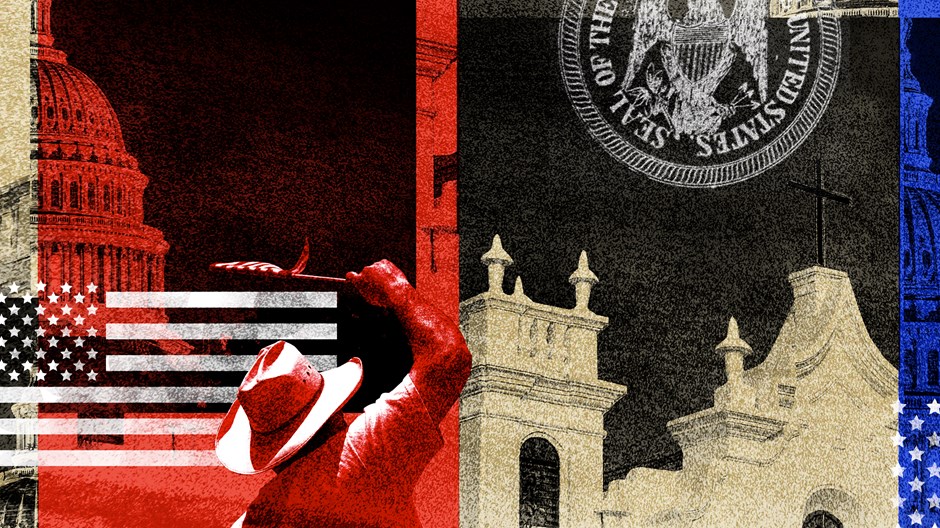
Christian Nationalism? We discussed this topic at last month's meeting of my atheist discussion group. Although Christian Nationalism is understood in a variety of ways, in basic form, it is a conviction that, in essence, the U.S. should be a "Christian" state: church and state are one.
Yet this raises other issues in turn. Prime among them is this question: what is a "Christian" state?
In addition, even if we can define a "Christian" state, how do we know we want one? If we're all Christians, then I guess it wouldn't be a problem. But not everyone in America is a Christian. And that is not likely to change.
In his Commedia, otherwise known as the Divine Comedy, the late medieval writer Dante Alighieri makes very clear, through some of the finest poetry the human imagination has ever produced, that, on balance, the affairs of church and state should be kept separate. Although either is welcome to influence the other, neither should be politically or culturally supreme. As the previous history of the Middle Ages demonstrates to us, to allow otherwise is a recipe for social disaster.
Sure, if we are Christians, we might like for everyone else to be a Christian, too. Muslims feel the same way about their tradition. And we're free to talk with people about such things. But to use the power of the state to do so? It's a non-starter.
Besides, a religion that uses the state to achieve its ends misses the whole point of what a religion should be: a transcendent window into the ways of the world.
Monday, November 14, 2022
 Do you ever feel as if God is distant? Or not there at all? You're not the only one. The poet Anne Sexton, a Pulitzer Prize winning writer who died in the last century, penned some profoundly constructed words in this regard. In her "Rowing Toward God," she writes of how she is constantly rowing toward God yet how this rowing is an "awful" rowing that never seems to reach him.
Do you ever feel as if God is distant? Or not there at all? You're not the only one. The poet Anne Sexton, a Pulitzer Prize winning writer who died in the last century, penned some profoundly constructed words in this regard. In her "Rowing Toward God," she writes of how she is constantly rowing toward God yet how this rowing is an "awful" rowing that never seems to reach him.
And even when she thinks that she has reached God, she finds that he is not as friendly or welcoming as she thought he might be. Moreover, she realizes that, in the end, God holds all the cards ("five aces," as she puts it). Her ultimate destiny is completely in his hands.
So Sexton's is an awful rowing, an awful rowing toward a destination which, to her, deeply disappoints, a destination that, to her, is devoid of hope. Who really am I? she wonders. If God makes the final call, what is the point?Friday, November 11, 2022
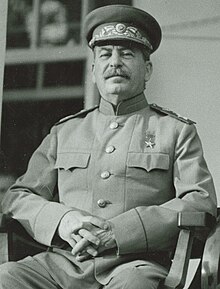
"Then I looked again at all the acts of oppression which were being done under the sun. And behold I saw the tears of the oppressed and that they had no one to comfort them; and on the side of their oppressors was power, but they had no one to comfort them" (Ecclesiastes 4:1)
The writer makes a good point. Although we rightly weep over at the pain and oppression that roam across the world, and often crater at the immensity of the coercive suffering that visits too many of our fellow human beings, we can realize that those who are causing this pain, though they have power, and though they have authority, as the writer notes, they really have nothing. In truth, they are separating themselves from their humanness, ripping apart who they really are. They are giving up their place in the human community.Thursday, November 10, 2022
If you are at all familiar with the history of art, you are aware of Pablo Picasso, the famous Spanish painter who is perhaps best known for introducing the world to cubism. Much has been written about Picasso, and countless museums have mounted exhibitions of his art over the years. He has achieved a notoriety, good and bad, and fame which few artists have surpassed. Late last month, the world remembered his birthday.
Prior to Picasso, art, despite its numerous divergences into Impressionism and Postimpressionism and the like, continued to present its images reasonably proximate to the object it was portraying. But cubism broke up its images, fracturing them, twisting them up and down and around, bending them in ways that they would never be in real life.Although some people found Picasso's forays threatening and felt as if his art was making their world less secure, others welcomed Picasso's perspective. It was simply another way of looking at the human condition. It underscored that a world wrestling with the ennui of modernity was looking for a way out. Though Picasso's cubism didn't necessarily solve the problem, it more than made it plain: we are significant people in, apart from loyalty to a divine being, an insignificant universe.

